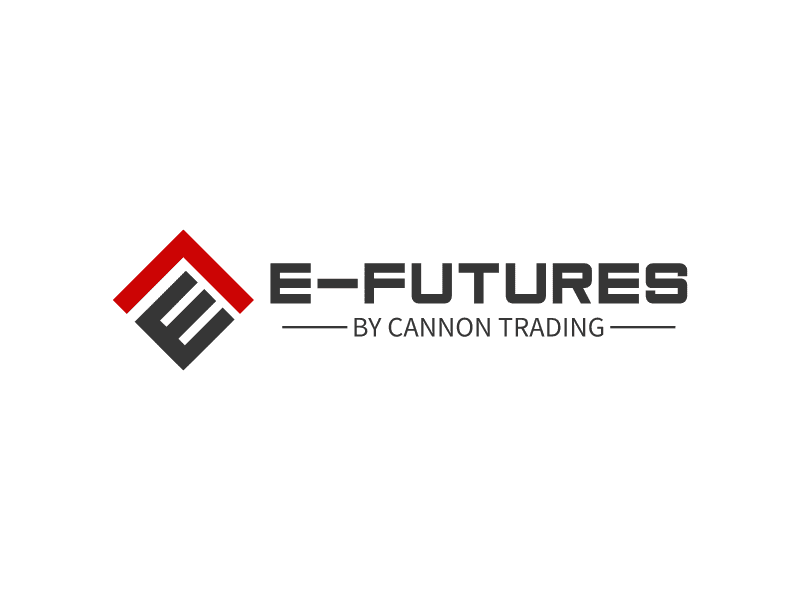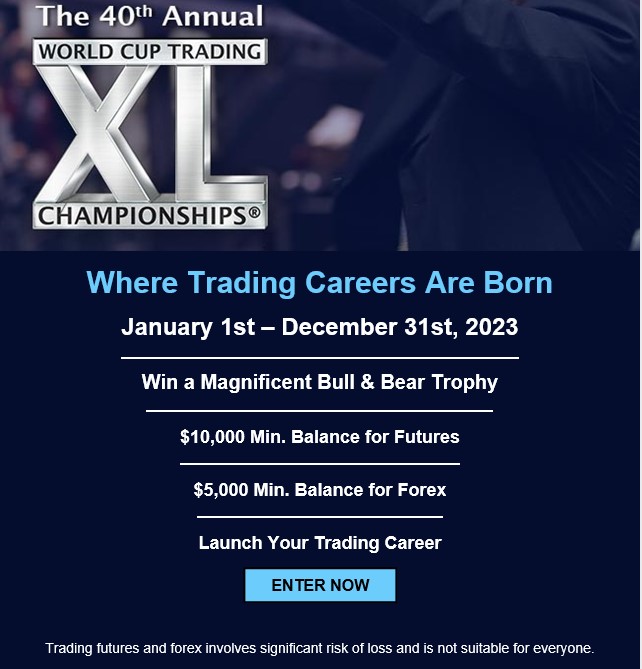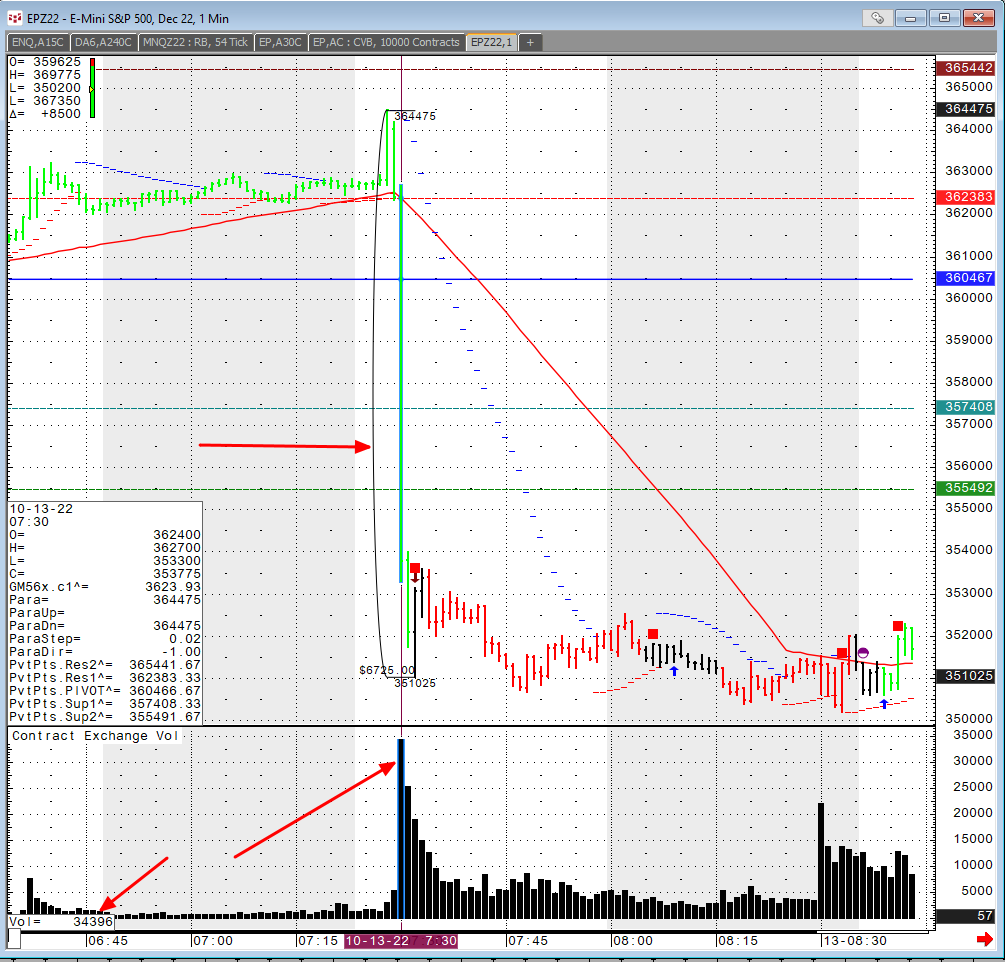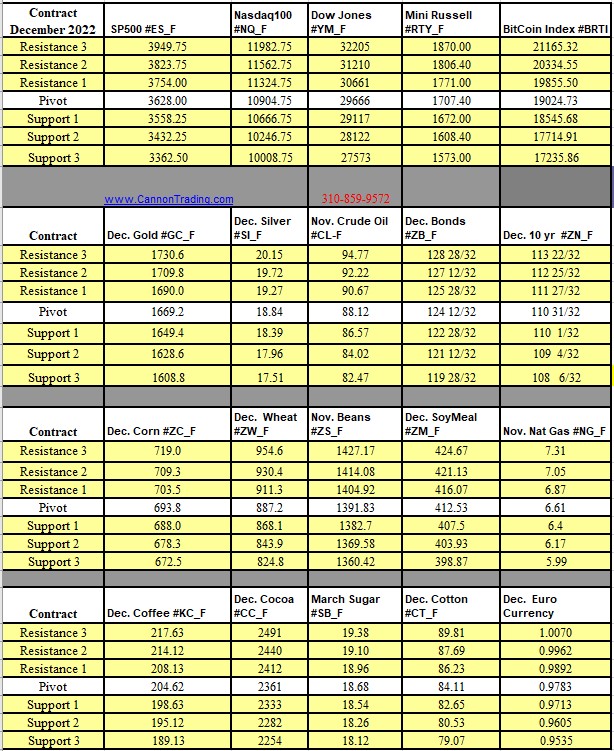Find out more about trading through Futures Brokers at E-Futures.com here.
Futures brokers play a crucial role in the futures trading industry by connecting buyers and sellers, executing trades, and providing valuable expertise to market participants. Their knowledge, execution capabilities, and understanding of market dynamics make them indispensable for successful futures trading. In this article, we will explore how futures brokers became regular fixtures in the futures market, their significance to the industry, the distinction between futures brokers and futures cash brokers, and the skills required to excel in this profession.
I. Evolution of Futures Brokers in the Futures Market:
Futures brokers emerged as regular fixtures in the futures market as the demand for standardized futures contracts increased. As financial markets expanded and regulatory frameworks evolved, there was a growing need for intermediaries who could provide market access, execute trades, and offer expert guidance. Futures brokers filled this role, establishing themselves as reliable and knowledgeable professionals in the futures trading landscape.
II. The Vital Role of Futures Brokers in the Futures Trading Industry:
- Market Access and Execution: Futures brokers provide clients with access to various futures exchanges, enabling them to trade a wide range of futures contracts. They execute orders on behalf of clients promptly and accurately, leveraging their understanding of market mechanisms and order execution systems.
- Expertise and Advice: Futures brokers possess comprehensive knowledge of the futures markets they operate in. They monitor market trends, analyze fundamental and technical indicators, and assess market sentiment to provide clients with valuable insights and trading recommendations. Their expertise helps clients make informed decisions and navigate complex market conditions.
- Risk Management: Futures brokers assist clients in managing risk by formulating effective hedging strategies. They help clients identify and assess their risk exposure, develop risk management plans, and execute hedging transactions to protect against adverse price movements. Their expertise in risk management is crucial for market participants seeking to mitigate potential losses.
III. Futures Brokers vs. Futures Cash Brokers vs. Futures Brokers in Financial Markets:
- Futures Brokers: Futures brokers facilitate trading in a broad spectrum of futures contracts across various asset classes, including commodities, currencies, interest rates, and stock market indexes. They offer market access, execute trades, and provide guidance to clients involved in futures trading. Futures brokers typically operate within regulated exchanges and follow the rules and regulations specific to those markets.
- Futures Cash Brokers: Futures cash brokers, also known as voice brokers, specialize in over-the-counter (OTC) futures contracts. They match buyers and sellers outside the formal exchange platforms, negotiating trades based on customized contract terms. Futures cash brokers focus on specific markets and use their networks and communication skills to facilitate transactions directly between parties.
- Futures Brokers in Financial Markets: Futures brokers in financial markets primarily trade financial derivatives and futures contracts tied to financial instruments such as stocks, bonds, and indices. They specialize in the trading of financial futures contracts and provide market access, trade execution, and advisory services related to these instruments.
IV. Skills Required for Futures Brokers:
- Market Knowledge: Futures brokers need a comprehensive understanding of the specific futures markets they operate in, including the underlying assets, market dynamics, and regulatory frameworks. They stay updated on market trends, economic indicators, and global events that can impact prices and trading activity.
- Communication and Relationship Building: Strong interpersonal and communication skills are essential for futures brokers to build rapport with clients, understand their trading objectives, and convey complex market information effectively. Building and maintaining strong client relationships is vital for long-term success.
- Analytical Skills: Futures brokers must possess analytical skills to interpret market data, analyze trends, and identify trading opportunities. They use fundamental and technical analysis techniques to evaluate market conditions and provide informed recommendations to clients.
- Risk Management: Futures brokers should be proficient in risk management techniques and able to develop appropriate hedging strategies based on clients’ risk profiles. They assess risk exposure, develop risk management plans, and execute hedging transactions effectively to help clients safeguard their positions.
- Technology Proficiency: Futures brokers need to be proficient in utilizing trading platforms, order management systems, and other technological tools employed in the industry. They should be comfortable with data analysis software and stay updated with technological advancements that can enhance trade execution and market analysis.
Futures brokers are essential facilitators of the futures trading industry, providing clients with market access, trade execution services, and expert guidance. Their knowledge, execution capabilities, and risk management expertise contribute to the efficient functioning of the futures markets. As the demand for futures contracts and financial derivatives continues to grow, the role of futures brokers remains integral to the success of market participants. Possessing a combination of market knowledge, communication skills, analytical abilities, and risk management proficiency is crucial for futures brokers to thrive in this dynamic industry.
Ready to start trading futures? Call 1(800)454-9572 and speak to one of our experienced, Series-3 licensed futures brokers and start your futures trading journey with E-Futures.com today.
Disclaimer – Trading Futures, Options on Futures, and retail off-exchange foreign currency transactions involves substantial risk of loss and is not suitable for all investors. Past performance is not indicative of future results. You should carefully consider whether trading is suitable for you in light of your circumstances, knowledge, and financial resources. You may lose all or more of your initial investment. Opinions, market data, and recommendations are subject to change at any time.










